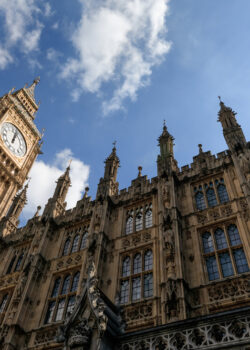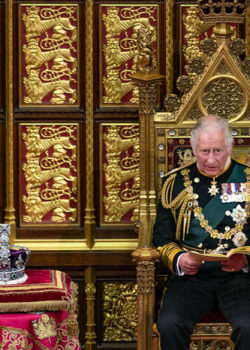There is an endless debate about auditors and ensuring their independence. In the UK over the past five years, this resulted in multiple reviews producing scores of recommendations, few of which made it off the page into regulatory action.
But one academic believes he now has the answer: change the model so auditor fees come from an independent payments body, rather than directly from the client.
Dirk Beerbaum, a senior executive at Deutsche Bank and currently serving as executive in residence at Aalto University Business School in Helsinki, has drawn the conclusion after examining Germany’s €1.9bn Wirecard scandal.
Beerbaum, who also serves as committee member with the body that writes international financial reporting standards (the IFRS Foundation), conducted interviews with a number of senior auditors discussing who should pay auditors, and who should put together an audit’s planning and focus.
What emerged was an observation that the main conflict of interest, undermining an auditor’s independence, is the “payment model”—auditors are paid by the companies they police.
This creates, the “inherent principal-agent conflict”, says Beerbaum. He recommends change.
“Companies should not directly pay their auditors. Instead, companies should pay into a general audit fund and the audit should be paid out of this audit fund,” he writes.
The choices of auditor should also be made by the fund “to ensure auditor independence,” Beerbaum adds.
Scandal
The Wirecard scandal unravelled in 2020 following an investigation by the Financial Times and whistleblower complaints.
An overhaul of German accounting regulation followed with Wirecard’s auditor, EY, fined €500,000 in 2023 and banned from public interest audits for two years.
Since 2018 and the collapse of construction giant Carillion, the UK has been examining audit, auditors and the audit market too.
Three independent reviews made a slew of recommendations but none contemplated a move as significant as Beerbaum’s.
When MPs reported in a Future of Audit report in 2019, they flagged “independent appointment” as a “viable option” if all other reforms fail to have an effect.
“We recommend that the regulator and the CMA consider the potential independent appointment of auditors with a view to developing it as a viable remedy if other remedies and reforms fail,” the report said.
Audit letter
At the time of Sir John Kingman’s report in 2018 on audit regulation, he was asked to consider independent appointment. In a letter addressed to the then Secretary of State for business, Greg Clarke, Sir John said he did not “personally believe it would be right to contemplate a change as major as this,” because investors were opposed.
He did, however, suggest closer scrutiny of auditor appointment by the new regulator he had proposed (the Audit, Reporting and Governance Authority, ARGA).
And he went on to say the regulator should have the power to appoint an auditor but only under specific circumstances: where audit quality has become a clear issue; where a client company and auditor part company unexpectedly; where shareholders have voted for a change of auditor.
Despite the recommendations being made five years ago, the government has yet to create ARGA. The necessary new laws needed were absent from last year’s King’s Speech, the UK’s legislative agenda. A pledge has been made by the Labour Party to push ahead with reform, if they are elected in the next general election, but they have made no timetable available and it is likely to be a low priority.
The government has since given the current regulator, the Financial Reporting Council, a new remit including “contribute to growth”.
Wirecard highlighted the issue of auditor independence, as numerous other cases abroad and in the UK have done so too. Beerbaum’s paper makes the case for a fresh consideration of independent auditor appointment. It is an idea that still has legs.





